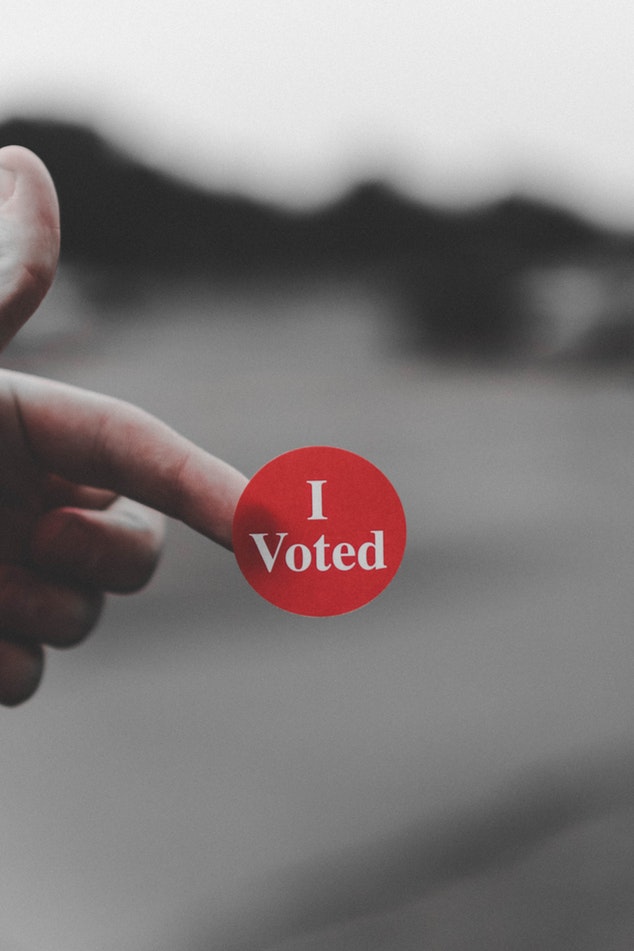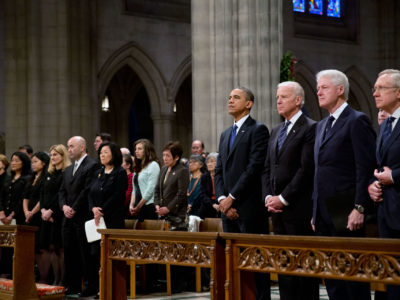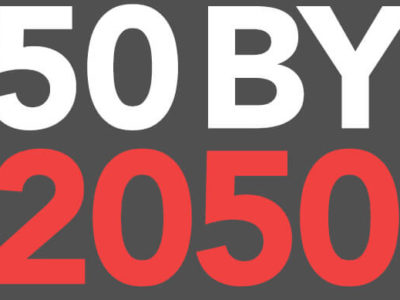The United States has become a gerontocracy. The average age of a senator has reached 61.8 years, with the oldest senator at age 84. Our leaders face the inevitable process of aging and all of its effects, yet we continue electing elderly senators and representatives and even elderly presidents. This raises several questions including “why”? And how will cognitive impairments influence their work and political decisions?
The average age of congressional representatives has been increasing since 1981.
It steadily increased from 49 years in 1981 to 55 years in 2010 and 58 years in 2011. Now the average age has peaked at approximately 62 years. What caused this trend?
One plausible reason: demographics. Baby boomers remain the largest age cohort in the country (luckily for us, this will change soon) and older people vote at a higher rate than any other demographic. Unsurprisingly, Congress looks like its most active voting bloc.
In addition to demographics, electability offers another answer.
Does the candidate have past scandals that may make them ineligible for public office? Can they defend their ideas well in the public eye and raise the money necessary to run for office? Senators are older in part because of the prestige and the power of the job. It takes a while to build the kind of record necessary to be viewed as a credible candidate.
The quantity of money that has to be raised is also a factor. “Older people have had more years to accumulate the contacts and the professional success necessary to have a monied donor network,” William & Mary Government professor Larry Evans said. Raising money to establish a campaign takes time and resources. “Senate races are more expensive than House races. In order to raise money, a candidate for senate has to have a large donor network, which is often built by running and winning races for lower offices. It takes time to establish yourself and build a political base in a part of a state,” William & Mary senior Carson Cameron said. Thus, younger candidates absolutely have the potential to get elected, but the process poses more challenges for them.
Is this a cause for concern?
Health and moral repercussions, the byproducts of continuously electing older senators and politicians, plague us today. The moral dilemma: elderly leaders currently make major legislative decisions for future generations. Future generations will have to deal with the consequences of these choices. As a result, younger leaders have a higher probability of addressing climate change with a sense of urgency than those who will not have to face the catastrophic effects of warmer temperatures and rising sea levels.
The cognitive decline and the inevitable consequences of aging demand our attention as well. At age 70, almost one-fifth of American adults experience some mild cognitive impairment. Politicians will face these realities as well: rumors regularly float around Washington about the cognitive function of various senators. For example, Strom Thurmond served to age 100 and became visibly unable to perform his senatorial duties toward the end of his service. John McCain’s confused questioning of former FBI Director James Comey led to lots of commentary before his diagnosis of brain cancer. And obviously, the more elderly our judges and politicians become, the higher the probability of illness or death within these groups. Too often we short circuit the conversations we need to have about dementia and cognitive ability.
Potential solutions and reforms

Subjecting all candidates for major office to an official medical review from nonpartisan authorities could address some of the concern about health, memory and cognition. To insure a non-biased perspective, the staff of Bethesda Naval Hospital could examine presidential candidates. Proponents of this argue that candidates should be entitled to privacy regarding matters that don’t affect their capacities to hold public office, but qualified and nonpartisan medical authorities should have an opportunity to examine them and to review their records. This has potential, but defining what influences their ability to perform their governmental duties presents moral and ethical dilemmas.
The most apparent solution is to make a conscious effort to elect younger delegates. Today may be the very best time in history for younger politicians to run. Younger candidates have a better grasp of social media and internet fundraising. “I actually think that voters are growing more inclined to support younger candidates without these candidates having to change behavior over strategies. So now may be a great time for younger and less ‘typical’ candidates to make a run for office,” Evans said. This less typical candidate offers a variety of skills not formerly seen on Capitol Hill. Let’s welcome that diversity of thought.
Start the Conversation
We have to begin talks about aging, the effects of aging, the appropriate ages for senators and representatives and how we move forward. Electing younger politicians offers a feasible solution and can increase the number of perspectives in congress. Also, conducting nonpartisan medical exams can insure that elderly senators and representatives can fulfill the duties of public office. Moving forward, we need to start having the difficult conversations about aging and the realities that come with it to insure we have a government capable of negotiating on the world stage and working towards the benefits of all generations of Americans.



















